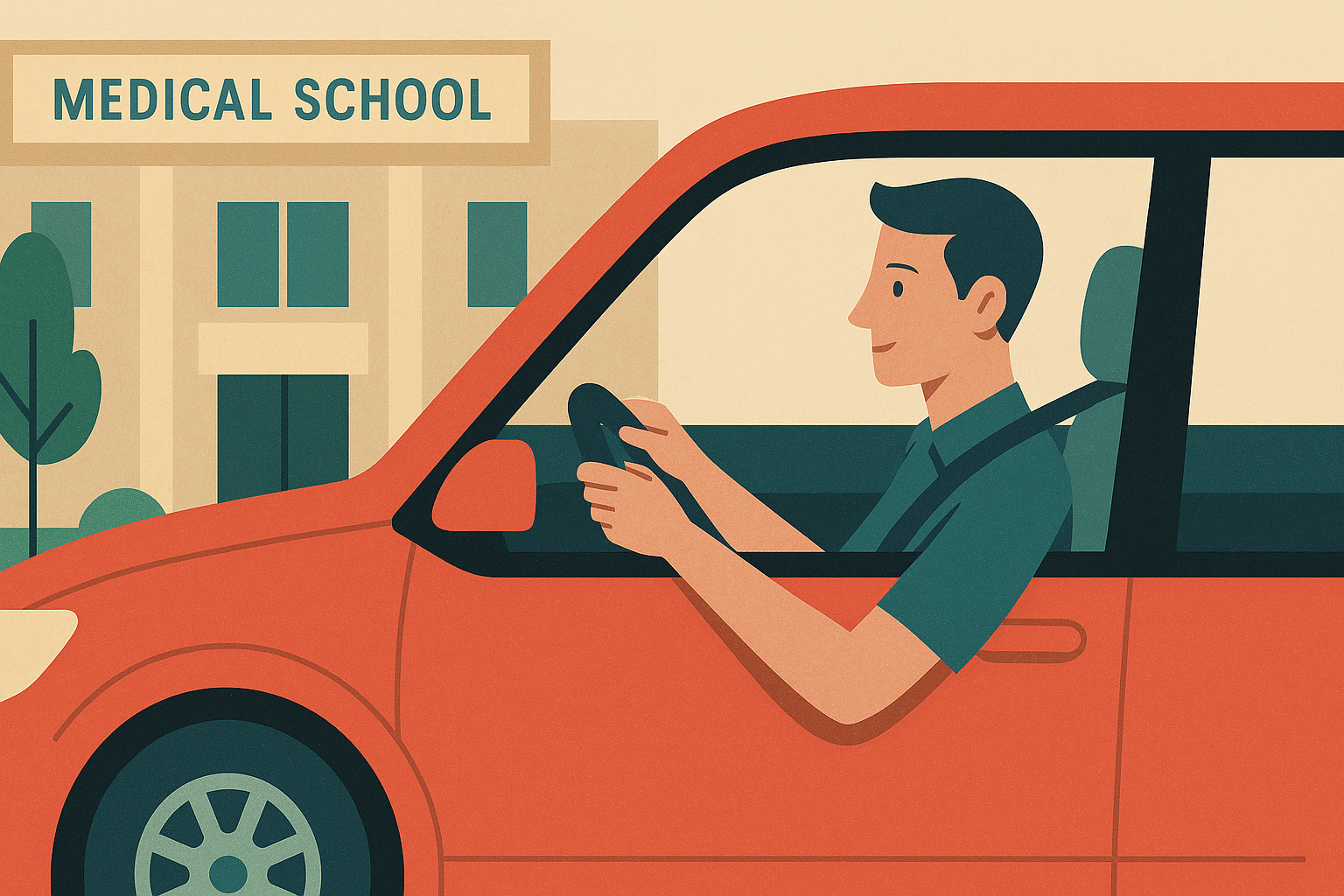When the first cohort of nearly 60 students enters the Pears Cumbria School of Medicine (PCSM) this week, they will not only receive traditional instruction in anatomy and physiology but also a unique benefit — free driving lessons. The initiative highlights both the logistical challenges and the bold approach taken to improve healthcare in one of England’s most rural regions.
Tackling Rural Health Challenges
Cumbria’s dispersed population and chronic shortage of permanent medical staff have long strained local healthcare. Fewer than two-thirds of consultant posts in the region are filled permanently, with temporary staff filling the gaps at double the cost. For PCSM, mobility is essential for students training across wide rural and coastal areas. Partnering with Co Wheels (part of MG Motor Group), the school secured a fleet of vehicles at reduced rates to support its students’ work placements.
Mary Morrell, head of PCSM, explained: “You’ve got to do things differently if you want to get a different outcome.” The driving lessons symbolize the school’s central mission: to encourage graduates to stay in Cumbria and serve local communities.
Building a New Model for Training Doctors
The school is the product of collaboration between Imperial College London and the University of Cumbria, born from concerns about regional healthcare inequality and inspired by the UK government’s “levelling up” agenda. Evidence shows that doctors are more likely to work near where they train, making a local medical school a potential long-term solution to staffing shortages.
Funding has come from a mix of sources: Imperial invested £1mn, while the Pears Foundation contributed £5mn, alongside additional philanthropic donations. Notably, the school was established with minimal government expense, with Imperial reallocating 50 medical school places to Carlisle, backfilling with higher-paying international students.
Curriculum Rooted in Community Needs
PCSM distinguishes itself through its admissions and teaching approach. More than a third of the incoming students are receiving bursaries or scholarships, with a focus on widening access for those from non-traditional backgrounds. Over half are from northern England.
The curriculum emphasizes disease prevention, health promotion, and community-based care as integral components rather than optional extras. Students will participate in projects addressing local health issues, from understanding how industries like tobacco affect communities to learning how doctors work within larger healthcare teams.
Chris Chiswell, public health consultant and faculty lead, said: “In the same breath that our students are learning about respiratory physiology, they will also learn about prevention and health promotion.”
Raising Local Aspirations
The school has already sparked interest among local students, with sixth formers and healthcare workers contacting faculty about future opportunities. Health leaders hope its presence will inspire the community to see medicine as an attainable career path.
Adrian Clements, medical director for North Cumbria Integrated Care, stressed the wider significance: “If this proves to be a concept that works, then it needs to be replicated in other challenged health environments.”
Looking Ahead
Despite the enthusiasm, uncertainty remains over whether graduates will ultimately remain in Cumbria. Morrell acknowledges the risk but remains determined: “I will do everything I can, but in the end, you can come back in four years’ time and judge me on whether I have managed to do that.”








